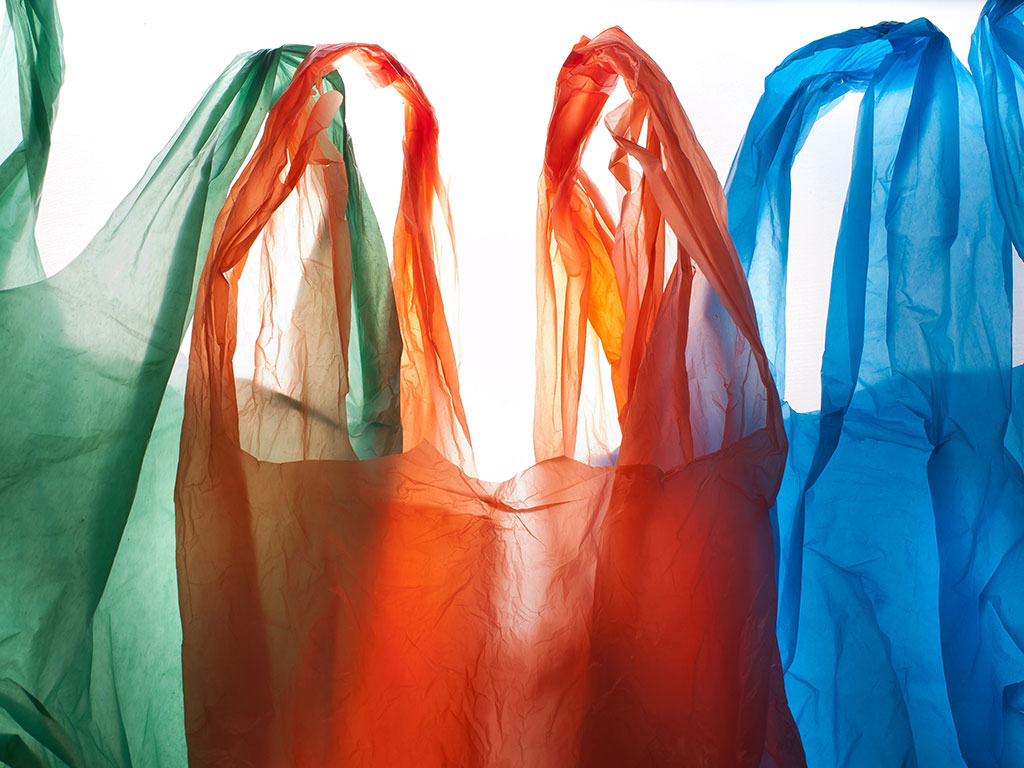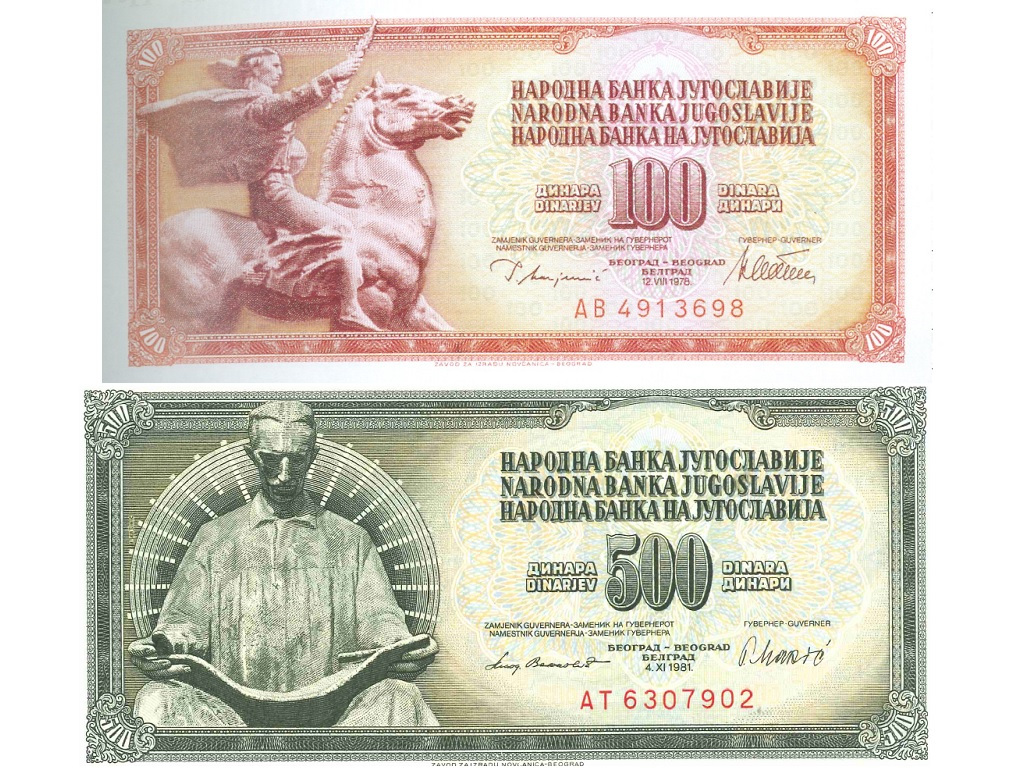Time capsule – We used to pay for plastic bags in old dinars
Source: eKapija
 Sunday, 02.09.2018.
Sunday, 02.09.2018.
 18:11
18:11
 Sunday, 02.09.2018.
Sunday, 02.09.2018.
 18:11
18:11
(Photo: Jozef Sowa/shutterstock.com)

We have forgotten this old city and its plastic bags in the meantime, ignoring the fact that certain contemporary inconveniences are something we’ve already lived through. Does anyone still remember the noisy NCR cash registers and coffee grinders in old Belgrade stores? This is not even about age: Orhan Pamuk noted in one of his books how the citizens and the writers in Turkey had failed to notice the capital of their own empire for centuries. Istanbul, then, would have remained a part of a forgotten past if it hadn’t been for a handful of foreign, mostly French, travel writers who used to visit it occasionally. It was Andre Gide who finally crossed the Turks enough to make them rethink their whole approach. The capital of Serbia hasn’t progressed much in this respect either.
Three decades ago, arriving from Belgrade to the City of Light, Paris, must have felt like landing on a different planet. Those prone to nostalgia will not agree, but visible, palpable differences were larger than today. Not spiritual differences, though, au contraire. Back in the gray old Belgrade, we loved the Sex Pistols, London, the English, we discussed whether it’s “punk’s not dead” or “punk’s not death”... We paid no attention to the French, except in football. Still, more kids were into Gary Lineker, Liverpool and Chelsea than Platini – unless the French played against the Germans – or, God forbid, Bordeaux or Sochaux, where most our football players would end up.
In Paris, plastic bags were free.
The fact that “luxury goods”, such as regular coffee, were so expensive in Yugoslavia made visiting stores in Paris even more of an event for regular working people from Yugoslavia. In these pre-crisis times, though, there were plenty of cashiers and queues moved fast. At the cash register a young French language professor from Belgrade is in shock: the bill is 54,530 francs! The professor is good at maths too and soon calculates that this is more than 15,000 Deutschmarks, not to mention dinars...
The professor’s facial expression amuses the cashier. She asks her if she’s from abroad and explains that many French people, especially older ones, add two zeros to prices expressed in new francs. The actual price is 545 francs and 30 centimes.
New francs had been implemented back in the time of De Gaulle, and this was the period of Mitterrand’s presidency. The French, then, were just as slow to adapt as the Yugoslavs.
To clarify, a 100 dinar bill was called a ten thousand dinar bill here for 25 years. It was the famous red bill. Prices were expressed in official, new dinars, and old ones, which people were much more used to. “Here’s two grand for the gum”, a parent would say, handing over the 20 dinar bill to the child. A new bill with Tito’s image, worth 5000 dinars, was popularly called “half a mil”. This probably explains why popular rock vocalist Jura Stublic used to sing “I’d give a billion dinars for one second of my first kiss”. Having become a revisionist later, he started singing in dollars.
100 and 500 dinar bills from the 1980s (Photo: NBS)

Yugoslav customs officers at the Belgrade airport – which had two terminals, just like today, a lower overall number of passengers and which was not yet named after Nikola Tesla, nor, strangely enough, after Tito – diligently controlled each suitcase. Planes arriving from Istanbul, Dubai and Singapore, as well as those from the West, were especially interesting. The luggage was lifted from a carousel, next to which there stood a ludicrous duty-free shop, unacceptable even for liberal economies. It was then put on another carousel and scanned by diligent state officials using “Heimann – Safe for Films” devices. The flight YU241 from Paris was less suspicious. Still, the suitcase belonging to a woman from Belgrade made an experienced customs officer stare at the screen without a blink...
Ma’am (more likely, “Comrade”), what’s this in your bag? The answer was so strange, he had to check personally. A suitcase full of bags from an INNO store in Paris. What’s this? He shrugged his shoulders and kept on looking for video players wrapped in clothes.
The essence of the failing Yugoslav economy: plastic bags for shopping and taking out the trash, transported by air!
Several years later, we weren’t paying for plastic bags either. In the meantime, however, the dance of all those zeros before our eyes made us blind to the collapse of our economy. As long as there were old dinars, the plastic bag would not tear.
Mirko Radonjic
Comments
Your comment
Most Important News
Full information is available only to commercial users-subscribers and it is necessary to log in.
Follow the news, tenders, grants, legal regulations and reports on our portal.
Registracija na eKapiji vam omogućava pristup potpunim informacijama i dnevnom biltenu
Naš dnevni ekonomski bilten će stizati na vašu mejl adresu krajem svakog radnog dana. Bilteni su personalizovani prema interesovanjima svakog korisnika zasebno,
uz konsultacije sa našim ekspertima.


 Izdanje Srbija
Izdanje Srbija Serbische Ausgabe
Serbische Ausgabe Izdanje BiH
Izdanje BiH Izdanje Crna Gora
Izdanje Crna Gora


 News
News






